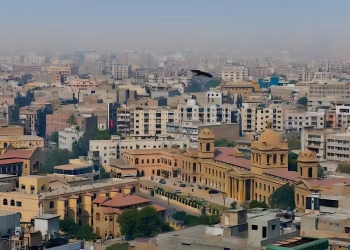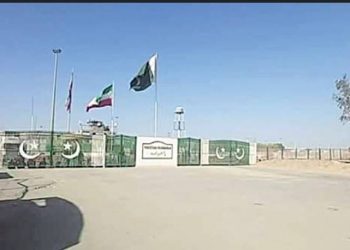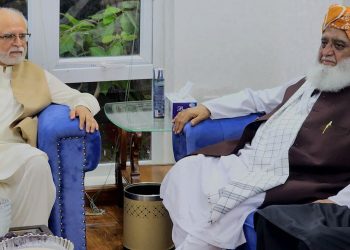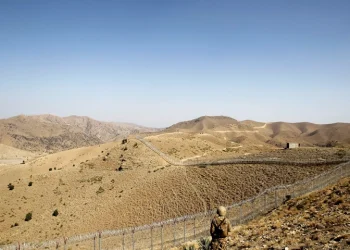Benazir Bhutto, the former Prime Minister of Pakistan, was assassinated on December 27, 2007. The incident took place in Rawalpindi, a city near the Pakistani capital, Islamabad. Benazir Bhutto was leaving a political rally in Liaquat Bagh, a public park in Rawalpindi when a gunman fired shots at her and then detonated a suicide bomb.
The attack resulted in the tragic death of Benazir Bhutto, along with many others who were present at the rally. The circumstances surrounding her assassination have been a subject of investigation and controversy, with questions about the adequacy of security measures and the identity of those responsible. The assassination had significant political implications in Pakistan and contributed to the country’s political instability during that period.
The loss of Benazir Bhutto, a prominent figure who had not only served as Pakistan’s first female Prime Minister but had also weathered the complexities of the country’s tumultuous political landscape, sent shockwaves across the nation. The event occurred during a period of heightened political tension, adding to the existing instability in the country. The vacuum left by Bhutto’s death raised concerns about the future of democratic governance in Pakistan and exacerbated the challenges faced by a nation grappling with political transitions.
Internationally, the assassination garnered widespread condemnation, with leaders and organizations expressing sorrow and urging a thorough investigation. The United Nations and various countries called for transparency in uncovering the truth behind the attack. The global community recognized the broader implications of Bhutto’s assassination on regional stability, emphasizing the fragility of political structures in the region.
In death, Benazir Bhutto left behind a legacy of resilience and courage, and her untimely demise underscored the complexities and risks faced by political leaders in their pursuit of democratic ideals. The echoes of her tragic end reverberated through the political corridors of Pakistan, serving as a somber reminder of the challenges inherent in the pursuit of political stability and democratic governance.
































